Jungle School of Medicine
In a narrow mountain valley with no roads, surrounded by tropical forest and whitewater rivers, in a 70-year conflict zone, FBR’s Jungle School of Medicine of Kawthoolei (JSMK) trains rural medics and treats patients from villages in the surrounding mountains.
Patients come for problems ranging from difficult pregnancies to persistent infections to landmine injuries. Some can be treated on the spot, others need longer-term follow-up, and a few require urgent evacuation to cities with modern surgical facilities. JSMK’s medics perform diagnostics and dispense treatment, while training students to take on increasing responsibilities in the provision of care.
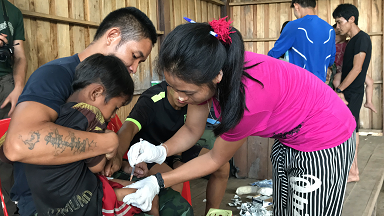
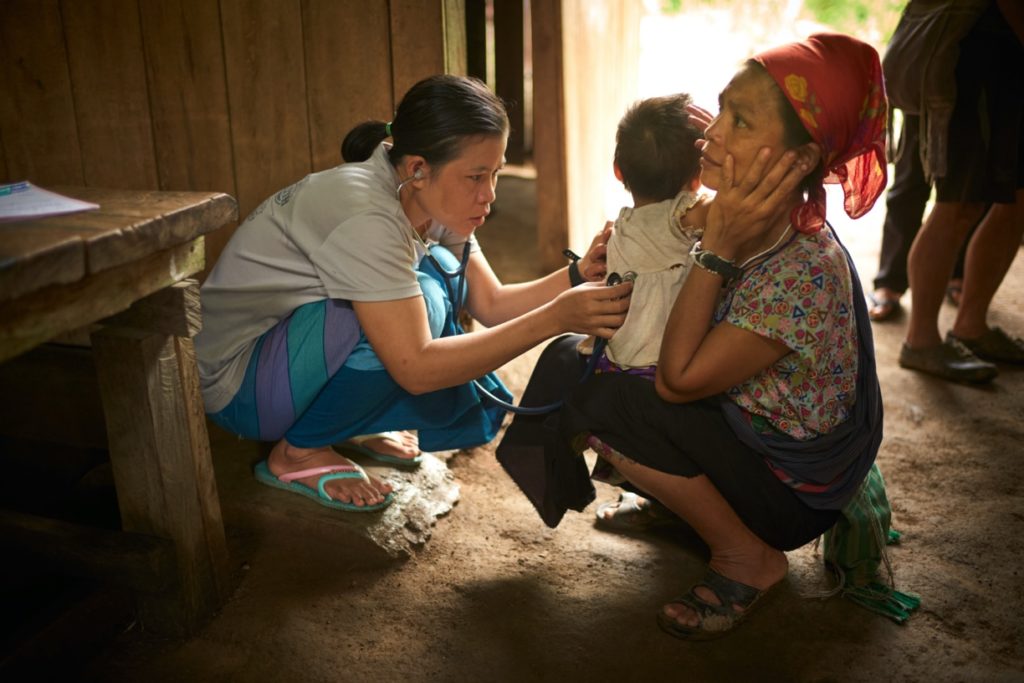
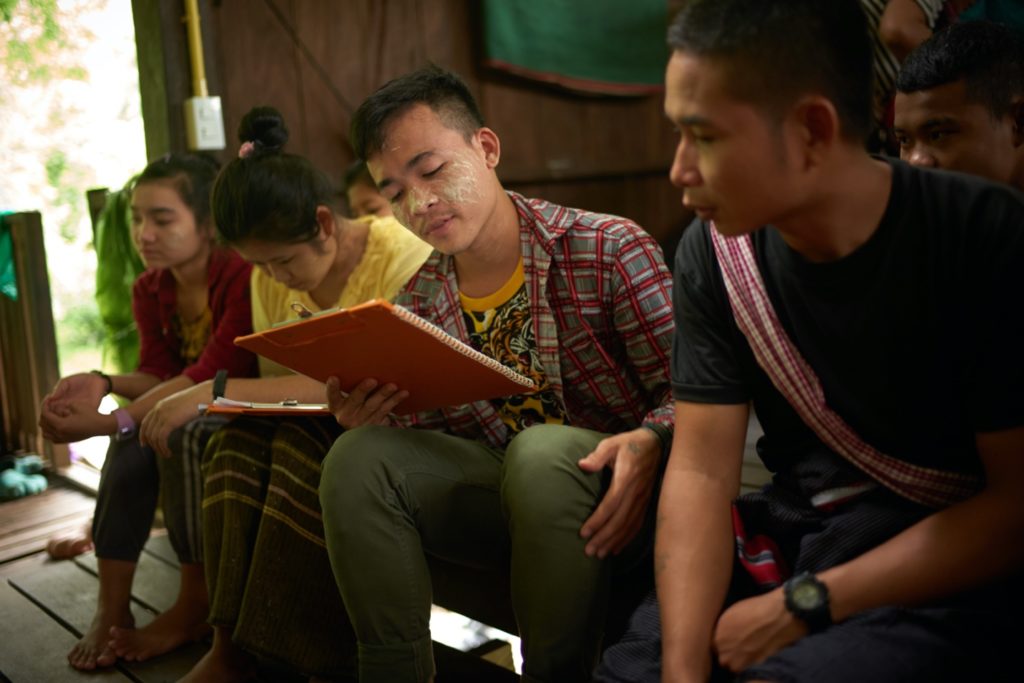
The 14-month training course prepares young health workers to treat illnesses and injuries among remote rural people as well as civilians and soldiers affected by Burma’s decades-old civil war. The trainees are mostly ethnic Karen, but JSMK also prepares medics from other marginalized populations around Burma. Since 2011 JSMK has trained 20-25 medics per year, who return home, after graduation, as members of FBR teams to provide relief to internally displaced persons, including medical care. Each medic travels with their FBR team in rural Karen State, bringing mobile clinics to villages where Rangers are doing human rights documentation and Good Life Clubs. Some graduates go on to staff Karen Department of Health and Welfare (KDHW) clinics and health programs and support health care within their own communities.
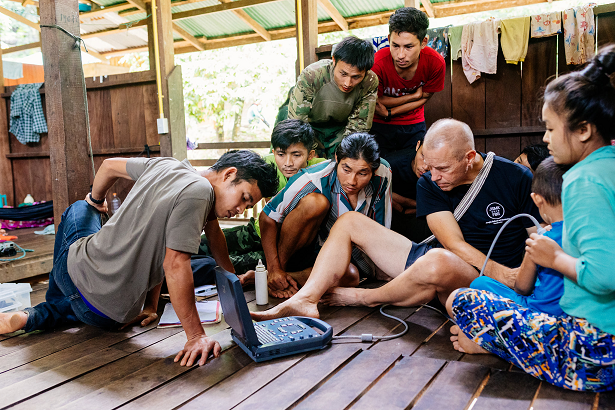
In seven villages within three hours’ hike of JSMK, teams of medics have also been providing vaccination against common childhood diseases as well as nutritional supplements. At JSMK itself, XXX patients were treated during 2020
At JSMK, medical trainees learn to identify and diagnose a range of medical problems, using technology such as ultrasounds, x-rays, laboratory analyses (hematocrit, urinalysis, pregnancy testing, blood typing and crossmatching, Covid-19, malaria, HIV, hepatitis B & C tests), prescribing medications and therapy to patients, and monitoring their recovery.
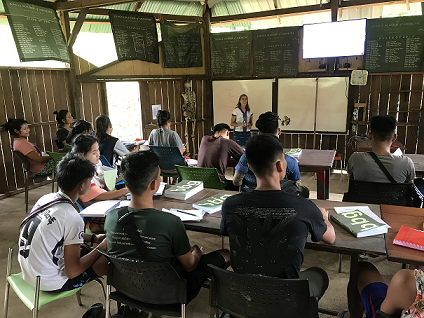
Training is provided by JSMK’s permanent medical staff of 12, supplemented by visiting international doctors and nurses who come for several weeks or months at a time. The campus is home to a growing community of staff families, and includes a Karen school, a church, a sports pitch, meeting hall, and other elements of community life. FBR has built a pipe network to supply running water, a solar-powered electricity grid, and basic communications links.
JSMK’s patients benefit from the health services provided, and students and staff receive crucial training. Both these achievements accomplish the mission of our rural hospital to build the capacity of the Karen and others to help themselves, using their own resources, on FBR teams, within KDHW clinics and in their home communities. They have held out against oppression and war for over seven decades. When peace finally comes, JSMK will have been a small but persistent part of the Karen people’s path toward a better life.
